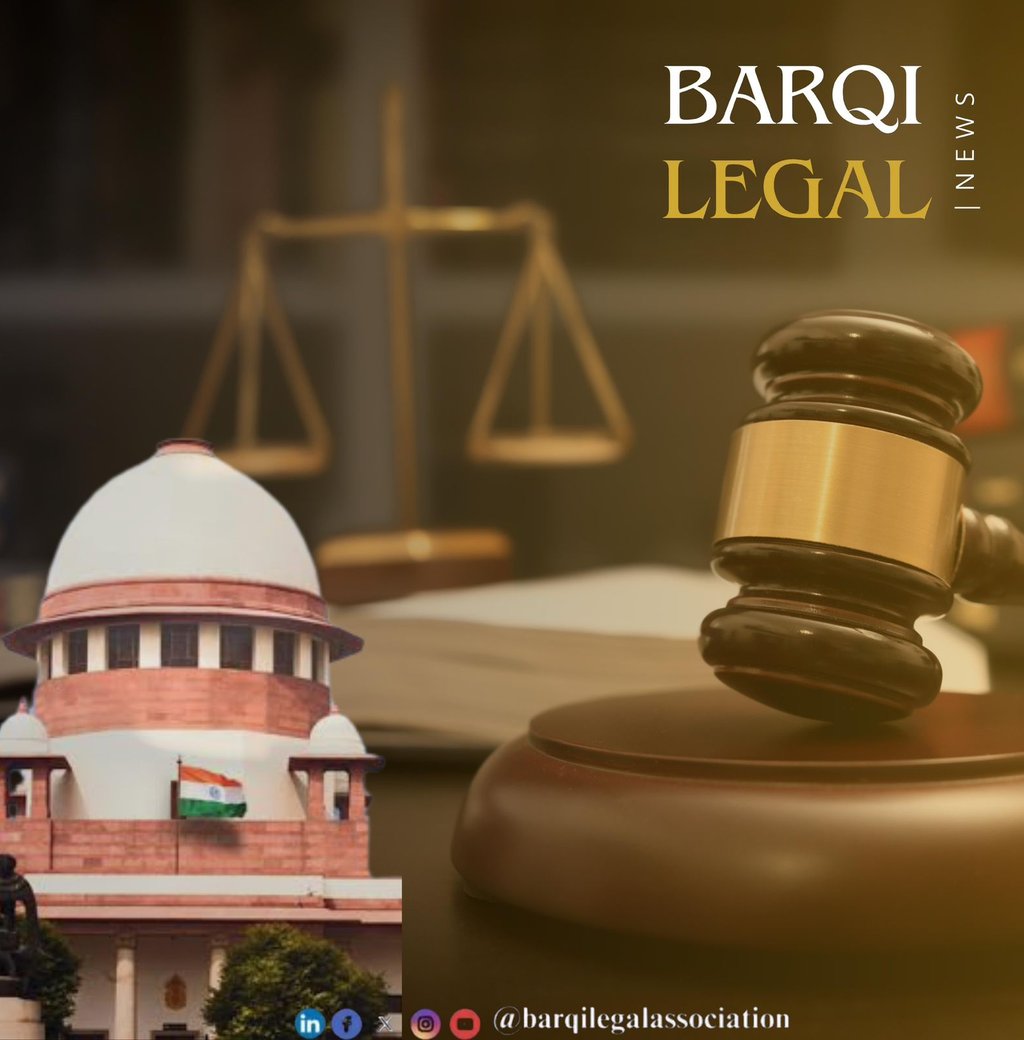Supreme Court: Judgment Cannot Be Given on Unclear, Ambiguous, or Conditional Admissions Under Order XII Rule 6 CPC
The Supreme Court ruled that under Order XII Rule 6 of the CPC, a judgment cannot be based on unclear or ambiguous admissions. The case involved a landlord seeking to evict a tenant under the West Bengal Premises Tenancy Act, 1997, claiming the tenant could not stay beyond five years after their mother's death in 2009. The tenant argued they inherited tenancy rights under the 1956 Act after their father's death in 1970.
10/9/20241 min read


The Court held that the New Act did not revoke rights under the Old Act, and the tenant's admission in another case, suggesting their mother was the sole tenant, could not be used due to its ambiguity.
The Supreme Court recently held that under Order XII Rule 6 of the CPC, a judgment cannot be based on unclear or ambiguous admissions. The Court stated that when an admission involves mixed questions of fact and law, it cannot be considered a valid admission under this rule. Order XII Rule 6 is intended for the speedy resolution of cases, but the Court cautioned that judgments on admissions should only occur when the admission is clear, unambiguous, and unconditional, as judgments made without trial may prevent a party from appealing on merits.
In this case, a landlord sought to evict tenants, arguing that under the West Bengal Premises Tenancy Act, 1997 ("New Act"), the tenants could not remain in possession for more than five years after their mother’s death in 2009. The tenants resisted, claiming they inherited tenancy rights in 1970 under the West Bengal Premises Tenancy Act, 1956 ("Old Act") after their father’s death.
The landlord relied on an admission made by the tenant in another case, where it was stated that the tenant's mother was the sole tenant. Based on this, the trial court ruled against the tenant, and the High Court upheld the decision.
The Supreme Court set aside the judgments, reasoning that the admission was not a valid one since it extinguished tenancy rights guaranteed under the Old Act, which could not be taken away by the New Act unless explicitly stated. The Court concluded that the unclear and ambiguous admission made in another case could not be used against the tenant. Moreover, the Court emphasized that not every statement made in a deposition qualifies as an admission for the purposes of Order XII Rule 6; it depends on the context, content, and clarity of the admission. In this case, there was no clear admission as required by the rule.
